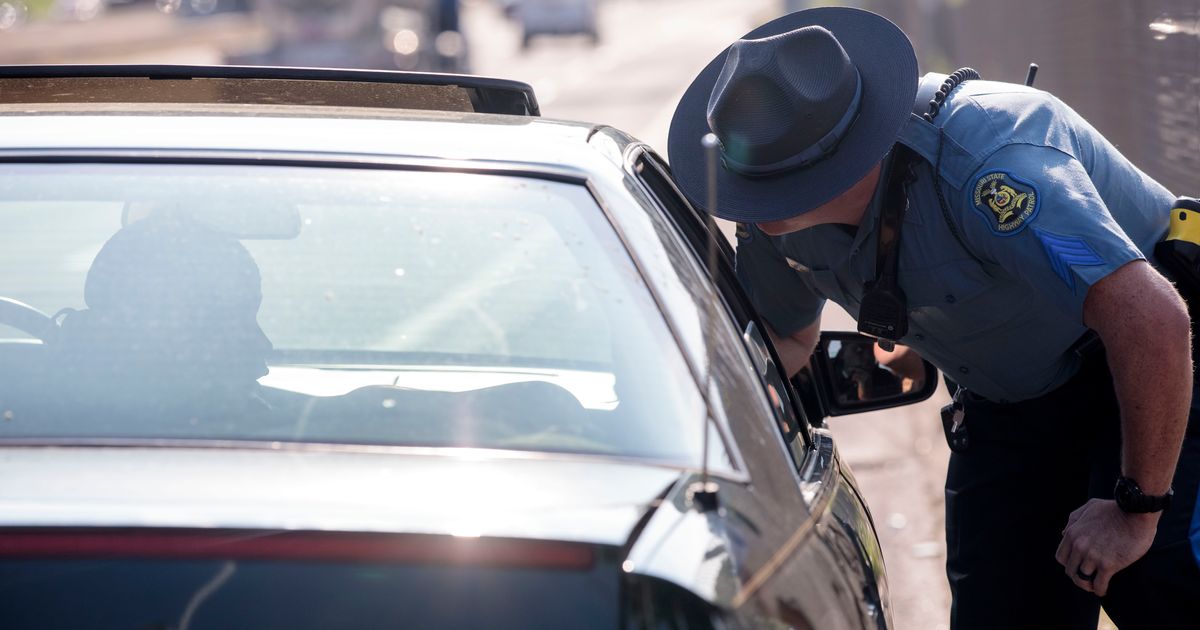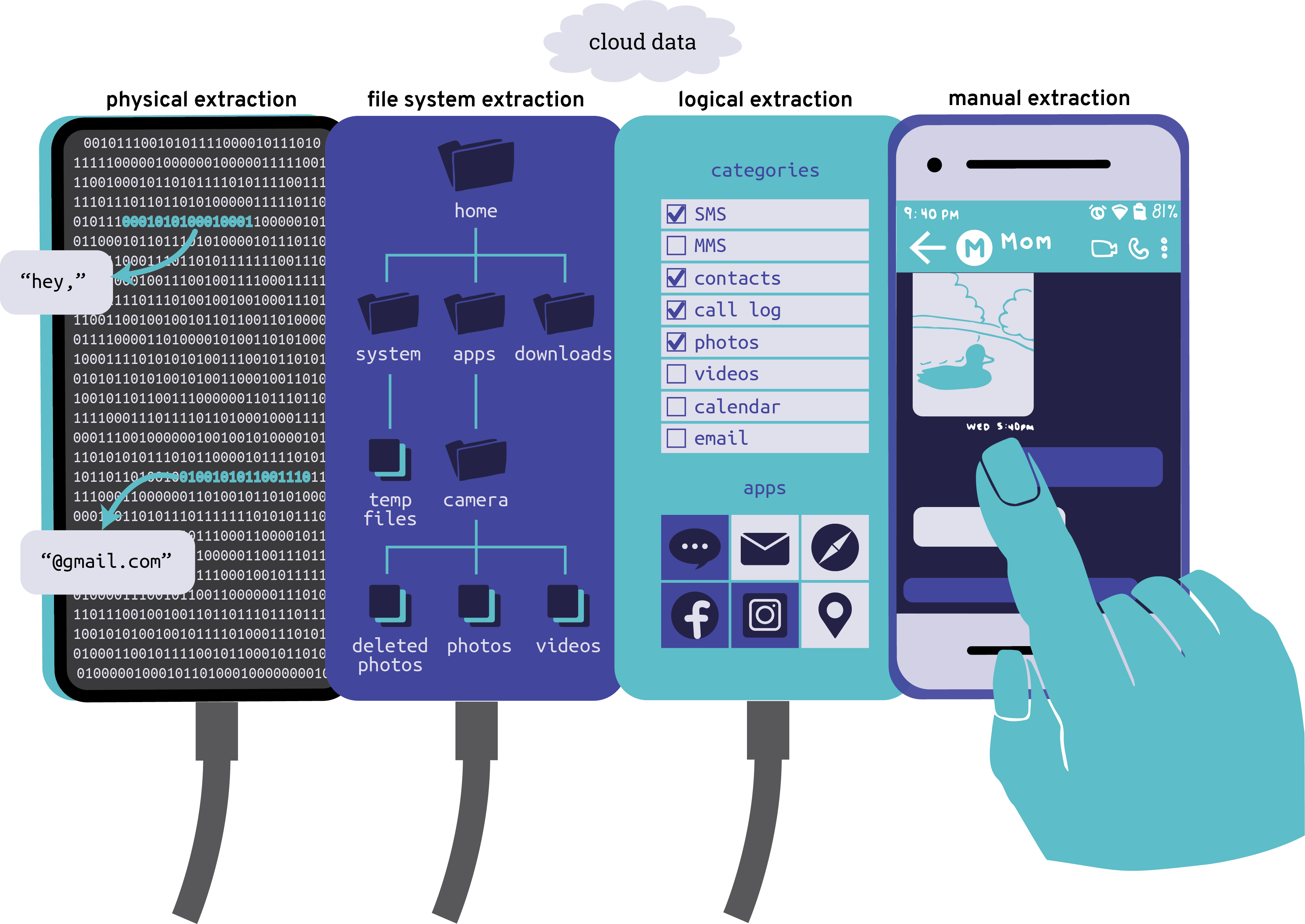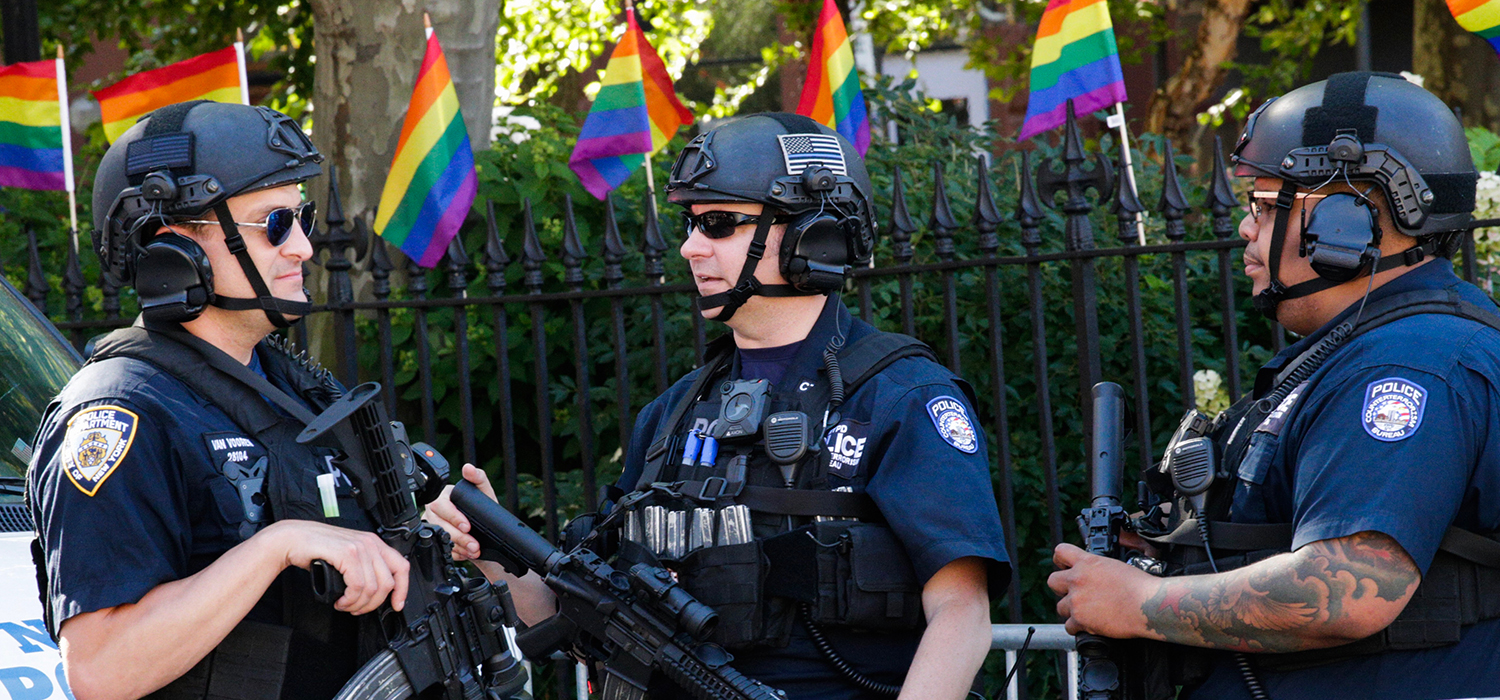:max_bytes(150000):strip_icc()/becoming-a-police-officer-974896-v4-5b7329ff46e0fb005012bf3f.png)
NewsNation reports that police departments nationwide are struggling to recruit new officers, especially as more agencies have reported upticks in resignations and retirements.
Across major American cities, new strategies and relaxed entry requirements are being implemented. Some say it helps gain new recruits, while others believe it will weaken police forces. According to the International Association of Chiefs of Police, 78% of agencies reported issues recruiting qualified candidates. About 50% of agencies have changed their internal policies in order to gain additional qualified candidates. And about 25% of law-enforcement agencies said they eliminated services, units or positions altogether due to an inability to staff their departments adequately.
Nowadays, departments are coming up with new ways to appeal to recruits. The city of Golden, Colorado, is shifting to a 32-hour workweek. This, while still promising they will maintain the same number of officers patrolling the streets.
“Thirty-two-hour work week, where pay, benefits, things of that nature do not change,” said Sgt. Ben Salentine of the Golden Police Department. “That gives each one of our employees that extra time to spend how they want. Do they want to use an extra eight hours a week to go to the gym? Go for it. Spend it with your family? Go for it. That (is) recreation time that really allows us to really be our best selves for the community.”
The Golden Police Department is expected to start the four-day workweek program on a six-month trial. City officials believe the change will improve employee retention, engagement and the well-being of their officers.
Other cities such as New Orleans and Chicago have waived college credit requirements for some recruits. And in other states including Massachusetts, departments have eliminated the sit-up test due to the number of recruits failing to meet the requirement, preventing them from joining the force.
My opinion? Law enforcement is a difficult profession. Police work is rife with stressors. They experience sleep deprivation, long shift hours, societal isolation, and continued exposure to negative human elements. Police are in constant danger. It’s no wonder many become overly suspicious of everything and everyone.
It is also important to realize that they take an oath to serve and protect their community. Police misconduct may happen during the course of contact and/or arrests. When it does, police contact may include unlawful searches and seizures.
Please contact my office if you, a friend or family member are charged with a crime. Hiring an effective and competent defense attorney is the first and best step toward justice.













